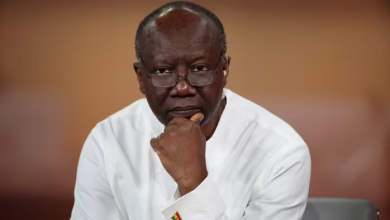Fuel prices likely to go up following reduced global supply

Prices of petroleum products are likely to go up in the coming weeks due to a reduction in oil supply on the global market.
This is because the Organization of the Petroleum Exporting countries plus (OPEC plus), has announced a cut in production by two million barrels a day.
The slightest change in the price of crude oil has enormous effects on economies around the world.
Particularly for emerging economies like Ghana, when crude prices go up, the distress is felt almost across all aspects of the economy.
According to current estimates, the Organisation of Petroleum Exporting Countries (OPEC) controls about 80% of the world’s oil reserves, producing about 30% of the world’s consumption a day.
OPEC is made up of 23 countries but In 2016, when oil prices were particularly low, OPEC joined forces with 10 other oil producers to create OPEC.
This group of 23 oil-exporting countries meets regularly to decide how much crude oil should sell on the world market.
On October 5, 2022, members of OPEC agreed to cut production by two million barrels per day.
The cut which will take effect from November represents around 2% percent of the global oil supply and is more than initially anticipated.
According to Forbes, many oil & gas stocks have been trending lower since mid-2014, there are suggestions that as the world moves towards clean energy producers of fossil fuel will be affected in the long-term.
This many believe is one of the reasons OPEC is seeking to cut production to drive up the price of crude back up from the $90 per barrel it’s currently selling.
The US has criticized the move and is expected to increase its own production to help the situation, but Duncan Amoah of the Chamber of Petroleum consumers says this may not be enough and Ghanaians should brace themselves to pay higher rates at the pumps.
“Overall, prices are likely to bounce back over the US$100 region with these announcements. What that means for countries like Ghana is simply to get prepared to pay more for oil. Not only that, the persistent depreciation of the cedi together with OPEC is preparing to do will push us into tougher times.”
Mr. Amoah again suggested some decisions government can take to cushion consumers against the expected rise in petroleum products.




